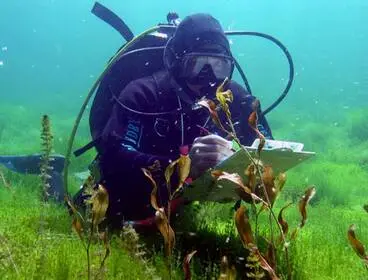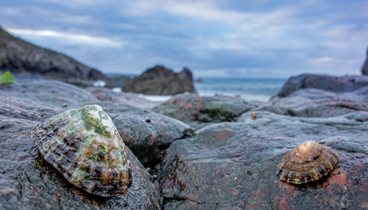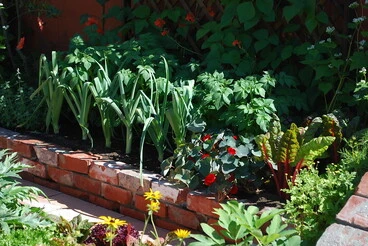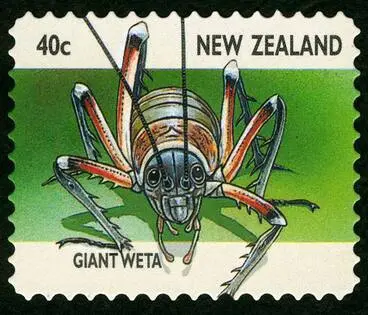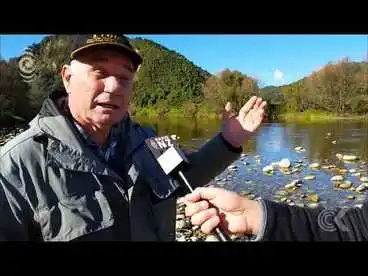Ecosystems and Biodiversity
A DigitalNZ Story by National Library of New Zealand Topics
Ecosystems are areas where plants, animals, landscape and weather co-exist. The health of an ecosystem can be measured by the diversity of species within it, which is known as biodiversity. SCIS no: 1978049
Copper Butterfly
iNaturalist NZ — Mātaki Taiao
Scientists use species like midge larva to assess the quality of water in our streams, rivers and lakes.
Manatū Taonga, the Ministry for Culture and Heritage
Tiny krill, present in their millions, are a keystone species in Antarctic marine ecosystems.
Antarctica New Zealand
The New Zealand tuna (longfin and shortfin eel) plays an important role in our freshwater ecosystems.
iNaturalist NZ — Mātaki Taiao
Protecting ecosystems sometimes means eradicating or culling introduced species such as deer, goats and rabbits.
Manatū Taonga, the Ministry for Culture and Heritage
Bats are part of Aotearoa's estimated 80,000 endemic species that contribute to the biodiversity of our planet.
iNaturalist NZ — Mātaki Taiao
Commercial fishing has a huge impact on marine biodiversity worldwide, however sustainable practices are being adopted.
Manatū Taonga, the Ministry for Culture and Heritage
Sustainability
DigitalNZ
New Zealand's Fresh Water
DigitalNZ
